One-Year, Part-Time Postgraduate Program in
Body Psychotherapy: Basic Methods & BEHI Approach
Foundations of Psychosomatics and Embodiment
SECTION ONE: Getting Started
● Essential Principles
o Introduction to the fundamental theories and models in body psychotherapy.
o From treatment to Healing and Evolution
o Body in mind, Mind in body
o Mind-Body Nonduality
● Orientation for Participants as Therapists
o Preparatory guidelines and considerations for therapists.
● Orientation for participants as self-developers
o BEHI approach: 1st to 2nd modules (Body economy & Narrative economy).
Introducing clients to body awareness techniques.
Weekly Workshops (3 hours each, 9 Workshops) include:
● Introduction to Psychosomatics and Embodiment
● Therapist Orientation: The scope of work in body psychotherapy
● Self-experience and client Orientation: Facilitating Bodily Awareness
● Balint Group Dynamics for Therapist Self-Awareness and Fostering Empathy
● Supervision and Case Studies in Embodiment
● Role Playing: Therapeutic Scenarios and Responses
● Developing Bodily Awareness: Observational Practices
● Integrating Mindfulness-Based Practices into Therapy
● Reflective Journaling: Personal Development Homework
● Journal Club: Discussion of Key Readings and Concepts
● Peer Review and Discussion of Case Studies
BEHI Approach: Self-Experience (1st to 2nd modules)
1- Body Economy: Bodily awareness- Interoceptive, Proprioceptive & Boundaries
2- Body Economy: Releasing Allostatic Loads and Armors-
Grounding/Tensegrity: Local Body Awareness
Monthly Intensives (6 hours each, 3 Workshops) including:
1. Historical Perspectives and Essential Principles in Body Psychotherapy
2. Therapist Approaches: Strategies for Effective Whole-body Practice
3. Therapist as Medicine: Salutogenic Approach
Personal and Professional Development Assignments:
- Reflective papers on topics of study.
- Self-reflection journals to assess progress.
Grounding/Tensegrity: Local Body Awareness
Context of Therapy and Psychosomatic Analysis
SECTION TWO: Basic Concepts and Skills
- Key Concepts:
- Awakening Body Wisdom
- A Multilingual Body; Biosemiotic Medicine
- Multilevel Psychosomatic Analysis
- Salutogenesis; beyond pathogenesis
- Towards a healing atmosphere
- Goodness-Happiness Nonduality
Weekly Workshops (3 hours each, 9 Workshops) including:
- Exploring the Wisdom of the Body
- Procedural Learning and Symbolic Learning
- Mindfulness and Dual Awareness
- Directed Mindfulness and Neuroplasticity Techniques
- Role Play: Enhancing Therapeutic Presence- Relationship Patterns/ Communicative Skills, Genogram Analysis
- Supervision: Contextual Therapies and Understanding Contexts of Therapy
- Reflection on the Psychosomatic Assessments
- Journal Club: Insights from Recent Readings
- Weekly Reflective Journals: Personal and Professional Development
- Peer Review and Discussion of Case Studies
BEHI Approach: Self-Experience (3rd to 4th modules)
3- Attention Economy: Attention Defusing, Attention-Work, Awe & Gratitude
4- Narrative Economy: Power of “AND”, Pragmatics, Contextualization
Centering: Symbolic Body Awareness
Monthly Intensives (6 hours each, 3 Workshops):
1. Contextualizing Therapy: Understanding Body Wisdom
2. Multilevel Analyzing: Body, Emotion, Cognition, Function
3. Integrating Procedural Learning into Symbolic Learning
Personal and Professional Development Assignments:
● Reflective papers on personal and professional growth.
● Progress tracking and integration of learned skills.
Advanced Techniques in Body Psychotherapy
SECTION THREE: Resource Development
- Core Topics:
- Appreciating Your Strengths: Survival and Creative Resources
- Trauma, Growth, Somatic and Autobiographic Memories
- Sensorimotor Therapies and Interpersonal Neurobiology
- Embodied Mind Development
- Self-Other Nonduality
- Doing-Being Nonduality
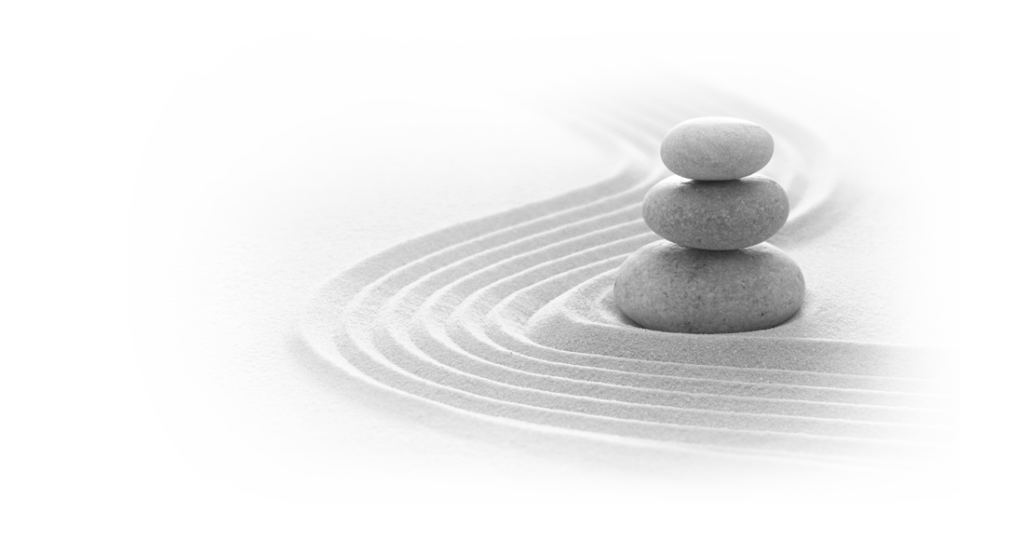
Weekly Workshops (3 hours each, 9 Workshops) including:
- Identifying Therapeutic Resources; Beyond Mobilizing and Immobilizing Responses
- Role Playing: Resource Development Exercises
- Grounding and Giving Voice to Body
- Breathwork Techniques in Body Psychotherapy
- Developing Somatic Boundaries & Reconstructing a New Body and a New Past
- Supervision Sessions: Trauma Informed Body Psychotherapy
- Journal Club: Analyzing Recent Literature
- Creating Personal Resource Inventory
- Reflective Practice: Homework Assignments
- Peer Review and Discussion of Case Studies
BEHI Approach: Self-Experience (5th to 6th modules)
5- Relation Economy: Relational Attributions, Nonviolent Communication, Intercorporeality
6- Relation Economy: Bond-Distance-Angle flexibility, I-Thou, Synergism
Fielding: Relational Body Awareness
Monthly Intensives (6 hours each, 3 Workshops):
1. Developing Personal and Somatic Resources
2. Sensorimotor Therapy and Interpersonal Neurobiology
3. Developmental Approach & Trauma Informed Body Psychotherapy
Personal Development Assignments:
- Reflective papers on case studies.
- Peer reviews of classmates’ works to enhance collaborative learning.
Bioenergy Economy-based Health Improvement (BEHI)
SECTION FOUR: Wellness as Whole-Body Perception & Nondual Narrative
- Core Topics:
- Intersubjective and Intercorporeal Mind-Body Integration
- Levels of Pleasure and Domains Of bioenergy Economy
- Integrating Embodied Epistemology and Technology into Practice
- Doing-Being Nonduality
- Program Objectives:
- Develop a comprehensive understanding of core concepts of BEHI.
- Techniques for managing intrapersonal and interpersonal energy flows.
- Preparing effective group BEHI Approach and leading group dynamics.
- Providing tailored BEHI training with personalized psychoeducation plans.
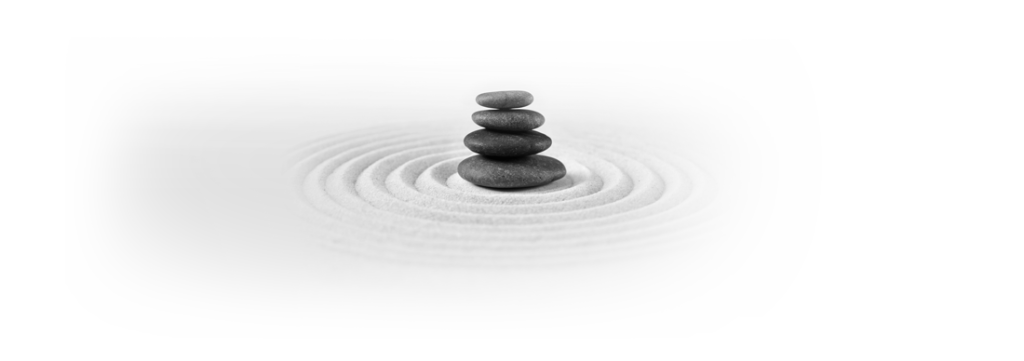
Weekly Workshops (3 hours each, 9 Workshops):
● Understanding Bioenergy Economy: Core Concepts
● Intrapersonal and Interpersonal Energy-Information Dynamics
● Facilitating Healthy Interpersonal Energy Exchanges
● Designing Effective Group BEHI Approach in different settings
● Leading Group Dynamics for Collaborative Healing
● Individual BEHI Training: Customizing Psychoeducation Plans
● Assessing Individual Traits: Psychoeducational Interventions
● Reflective Journaling and Case Studies for Personal and Professional Growth
● Ethical Considerations in Bioenergy Economy: Standards and Practices
● Peer Review and Discussion of Case Studies
BEHI Approach: Self-Experience (7th to 8th modules)
7- Intention Economy: Nondual Narrative and Whole-Body Experience, Stages of Presence
8- Intention Economy: Forgiveness & Charity, Agapistic Economy
Boundarilessness: Nonlocal Body Awareness
Monthly Intensives (6 hours each, 3 Workshops):
1. Wellbeing and Levels of Bioenergy Economy: Releasing, Cumulating, Creating, Being
2. Domains of Bioenergy Economy: Body, Narrative, Relationships, Intentionality
3. Integrating BEHI into Clinical Settings
Personal and Profession Development Assignments:
- Reflective papers on personal development and case study analysis.
- Peer reviewing classmates’ work to foster collaborative learning.
- One-on-one supervision sessions to support personalized feedback and growth.
Summary of Program Structure
Overall Program Duration: 1 Year (4 Quarters)
Format: Part-time with weekly workshops (3 hours) and monthly intensives (6 hours), complemented by personal development assignments.
Core Areas of Focus:
- Foundations of Psychosomatics and Embodiment
- Contextual Therapy and Analysis
- Advanced Techniques in Body Psychotherapy
- Integrative Approaches and Bioenergy Economy
Summary of Educational Hours
Total Program Duration: 1 Year (4 Quarters)
Quarterly Structure:
- Weekly Workshops:9 sessions x 3 hours = 27 hours/quarter
- Monthly Intensives:3 sessions x 6 hours = 18 hours/quarter
- BEHI Workshops:2 sessions x 3 hours = 6 hours/quarter
- Daily Self-Experience:1 hour/day x 90 days = 90 hours/quarter
- One-to-One Supervision:5 hours/session x 1 session = 1.5 hours/quarter
Total Educational Hours per Quarter:
- Total:27 + 18 + 6 + 90 + 1.5 = 5 hours/quarter
Overall Program Hours Calculation:
- Total for 4 Quarters:5 hours x 4 = 570 hours
Additional Hours for Personal Development:
- Reflective Journaling and Peer Reviewing:80 hours
- Journal Clubs:40 hours
Overall Total Educational Hours:
Total Hours: 570 + 80 + 40 = 690 hours
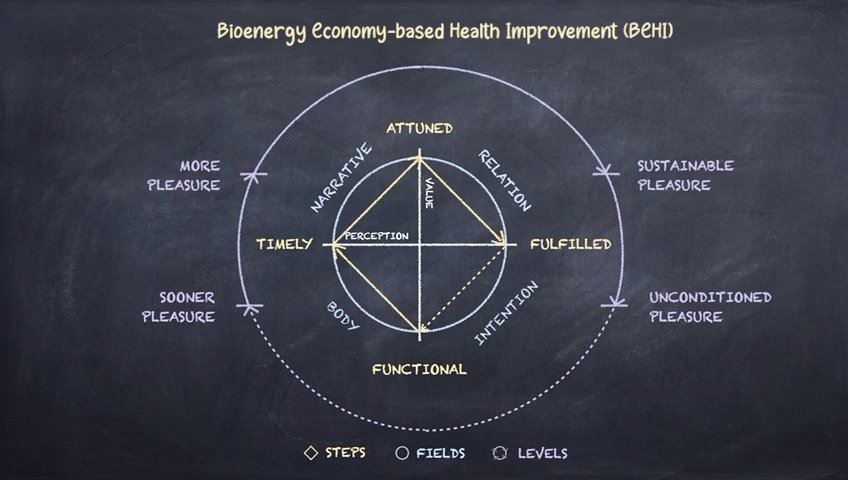

Evaluation and Standard Assessment Methods
- Reflective Papers:
- Participants will submit reflective papers on their learning, personal development, and case studies throughout the program. These papers will be evaluated based on insight, integration of learned concepts, and personal growth.
- Peer Review:
- Participants will be assessed on their ability to provide constructive feedback on classmates’ work, fostering collaborative learning and critical thinking.
- Supervision Sessions:
- One-on-one supervision sessions will provide personalized feedback regarding applied techniques and therapeutic approaches. Supervisors will assess participants on their practical applications, engagement in the supervision process, and professional development.
- Practical Demonstrations:
- Throughout the program, participants will engage in practical demonstrations of techniques learned. Evaluators will assess competency in applying body psychotherapy methods in various contexts.
- Participation in Groups:
- Active participation in Balint groups and role-playing exercises will be monitored. Completion of assigned roles and contributions to group dynamics will contribute to the overall evaluation.
- Final Project:
- At the end of the program, participants will complete a comprehensive project integrating theoretical knowledge and practical application in body psychotherapy, which will be assessed for originality, depth, and applicability.
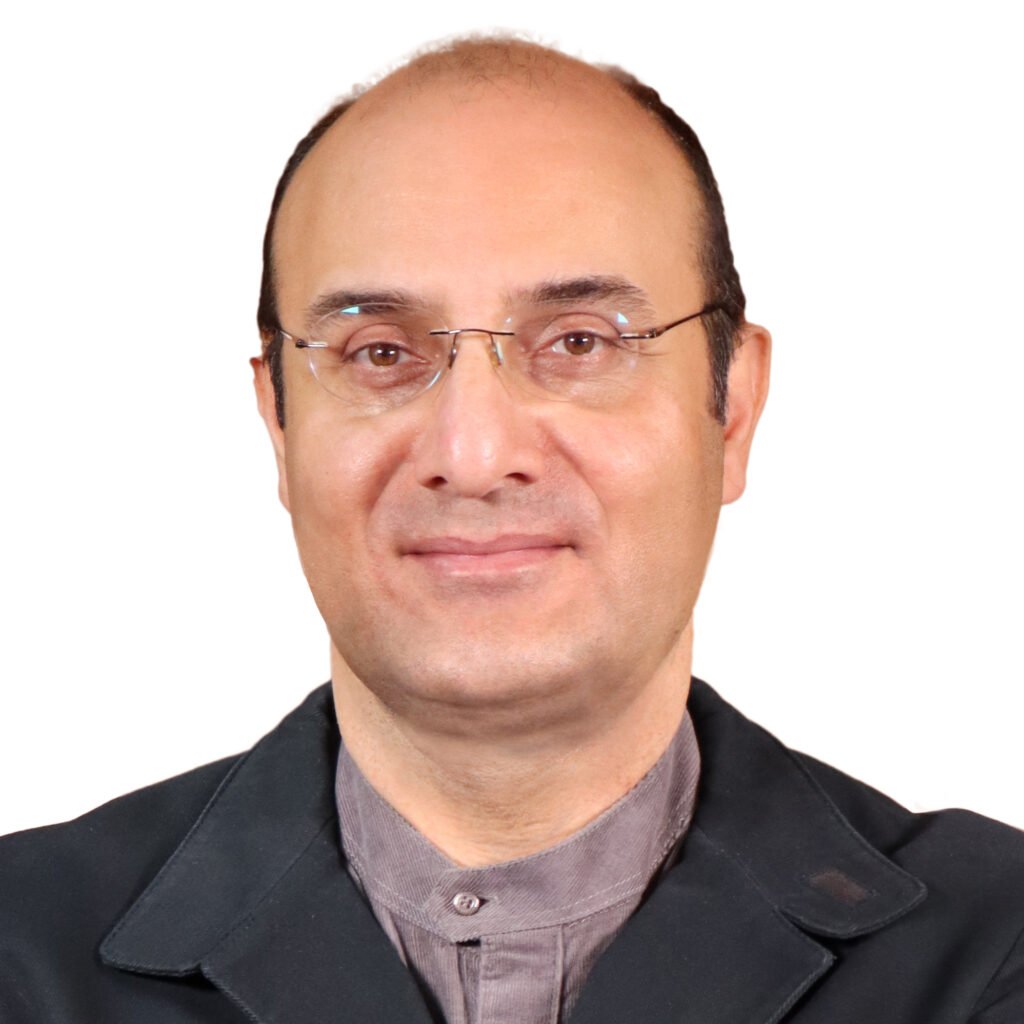
Farzad Goli, embracing the roles of author, philosopher, poet, and therapist, endeavors to promote the sustainable development of happiness. Dr. Goli, as a registered clinical counselor and medical psychotherapist, is deeply involved in instructing and researching the “Bioenergy economy-based health improvement (BEHI). This innovative care and wellbeing program, established in 2008, integrates insights from various approaches such as body psychotherapy, transpersonal psychology, and systemic and cultural psychology – particularly Sufi psychology.
Dr. Goli’s academic journey includes completing medical fellowship and leadership courses in psychosomatic medicine and psychotherapy at Freiburg University, under the supervision of Michael Wirsching and Carl Eduard Scheidt. He has continued his work with the faculty as a guest researcher. Over the years, he has designed and taught diverse courses in Systemic and Transpersonal Psychology programs, exploring the philosophy of medicine and biosemiotics in his recent research.
Inspired by Thur Von Uexkuell’s biosemiotic model in psychosomatic medicine, Dr. Goli has pursued the development of “Biosemiotic Medicine” as a theoretical framework, shedding light on complex phenomena like placebo responses. This innovative model has paved the way for the evolution of bioenergy economy-based health improvement (BEHI).
He is one of the main contributors to the recognized textbook, “Psychosomatic Medicine: An International Primer for the Primary Care setting.”
In his role as editor-in-chief of the “International Journal of Body, Mind, and Culture,” Dr. Goli continues to bridge the gap between academia and practical applications in the realm of psychosomatic medicine and psychotherapy. His dedication to research, education, and the advancement of integrative care models underscores his significant contributions to the field.
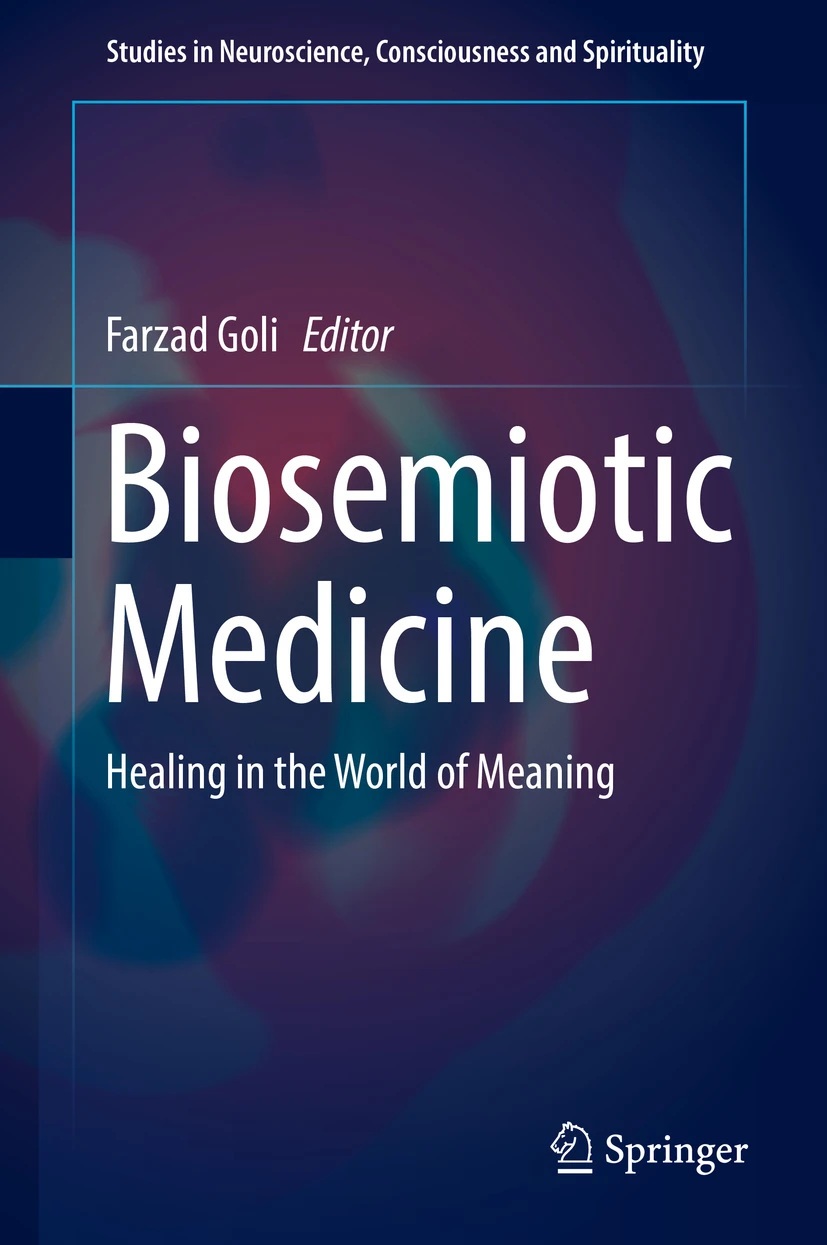
Biosemiotic Medicine
Healing in the World of Meaning
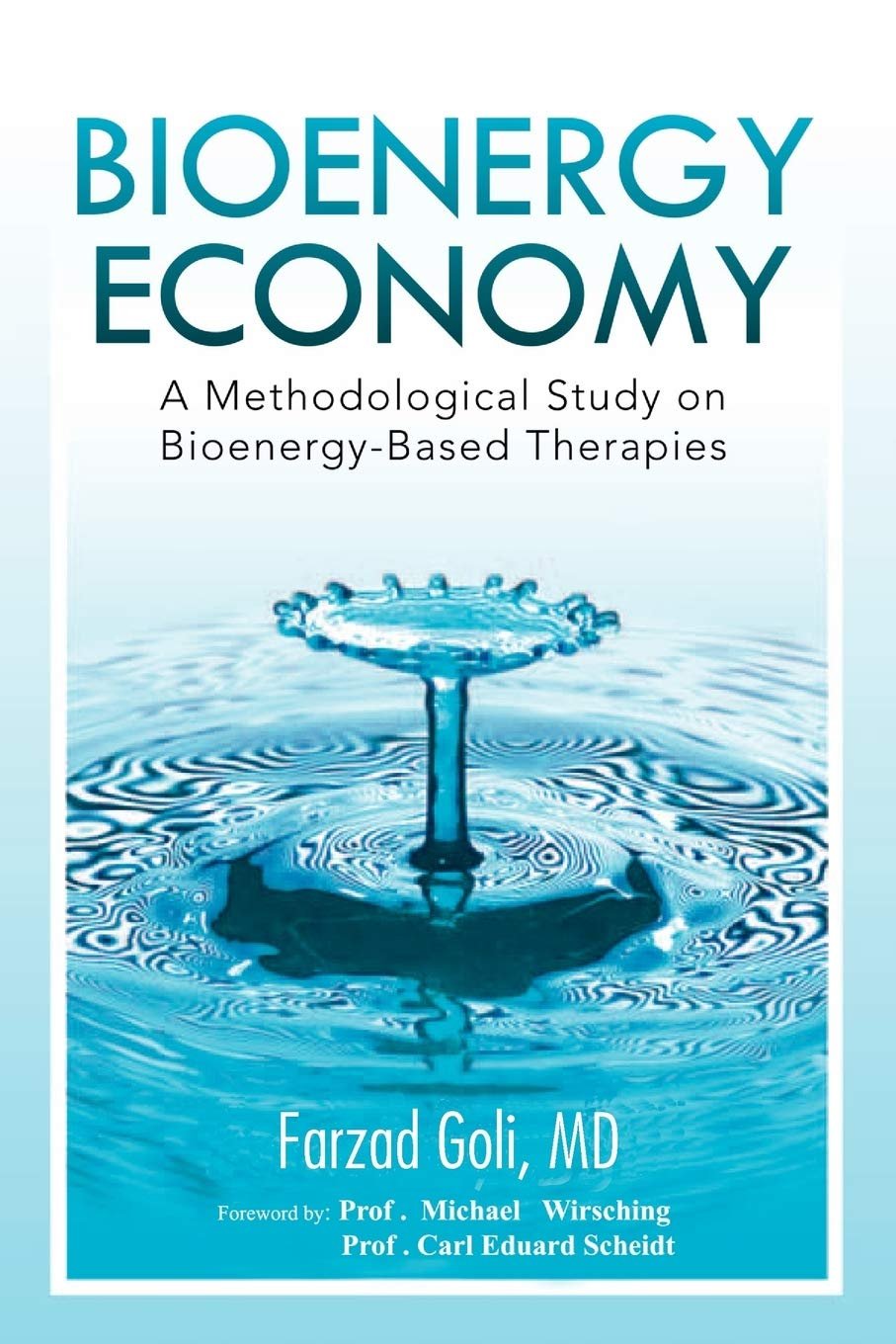
Bioenergy Economy
A Methodological Study on Bioenergy-Based Therapies

The Body Keeps the Score
Brain, Mind, and Body in the Healing of Trauma
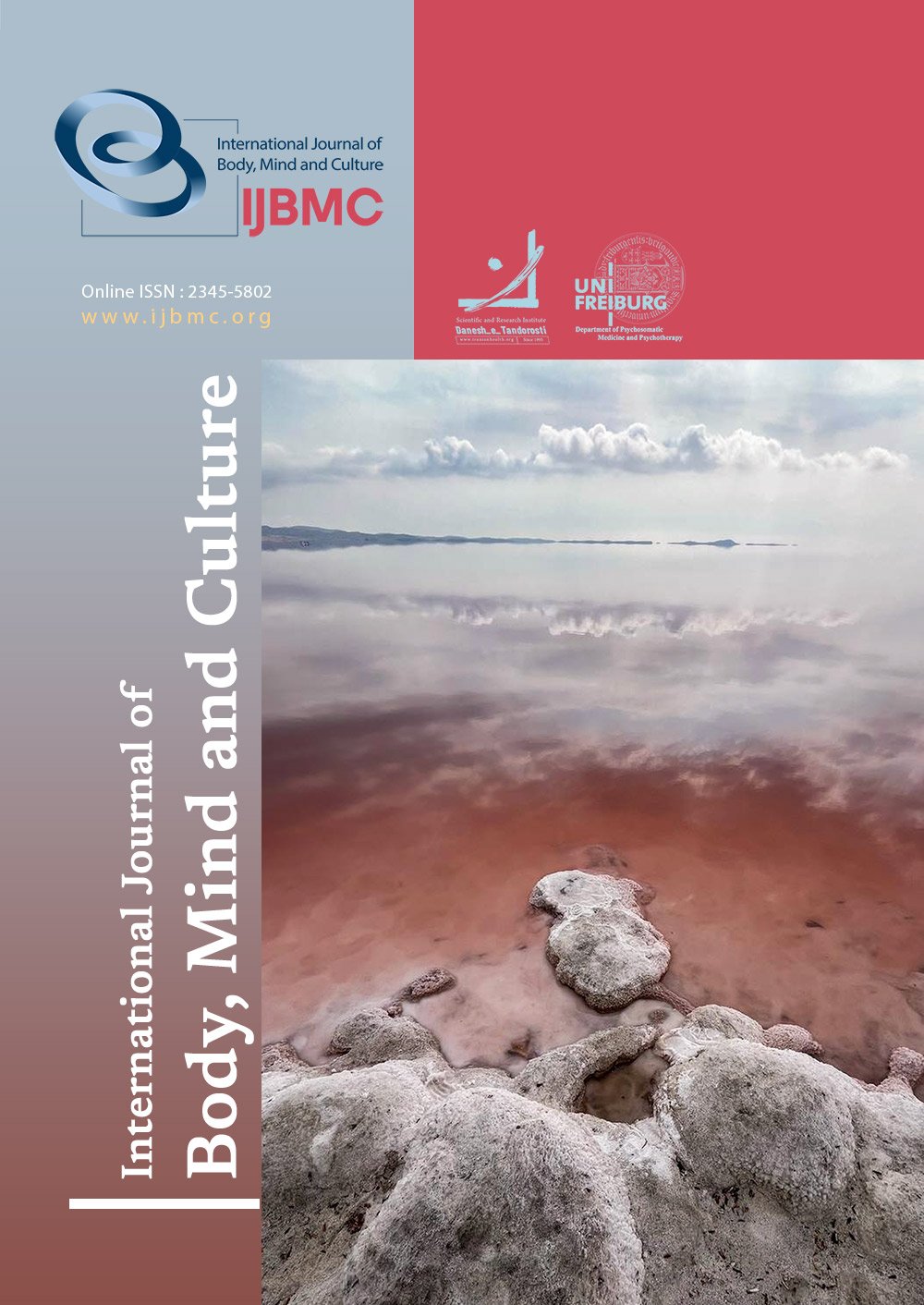
Pleasure, Power, Meaning, and Beyond:
Towards a Biosemiotic Model of Wellbeing
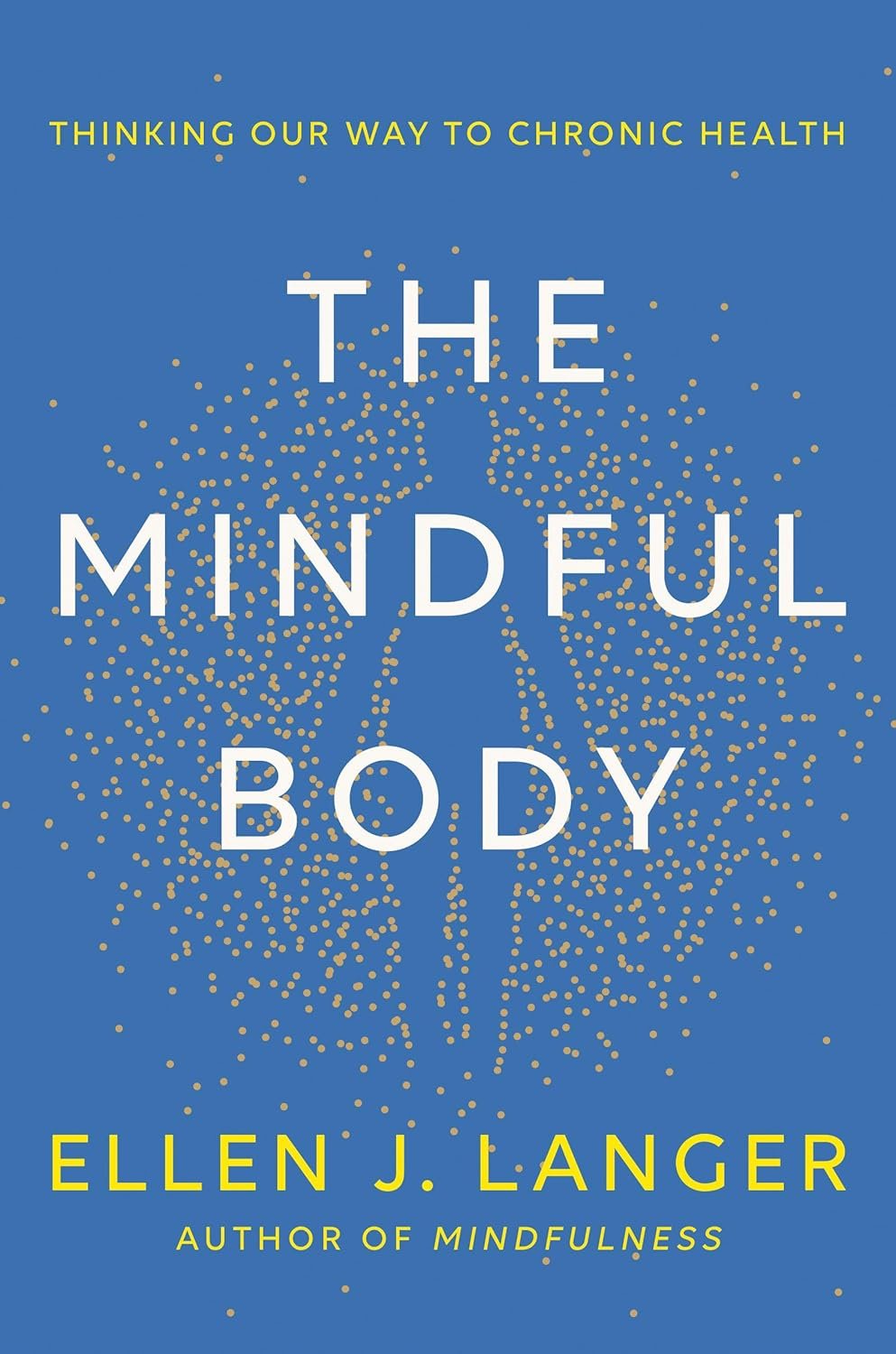
The Mindful Body
Thinking Our Way to Chronic Health






